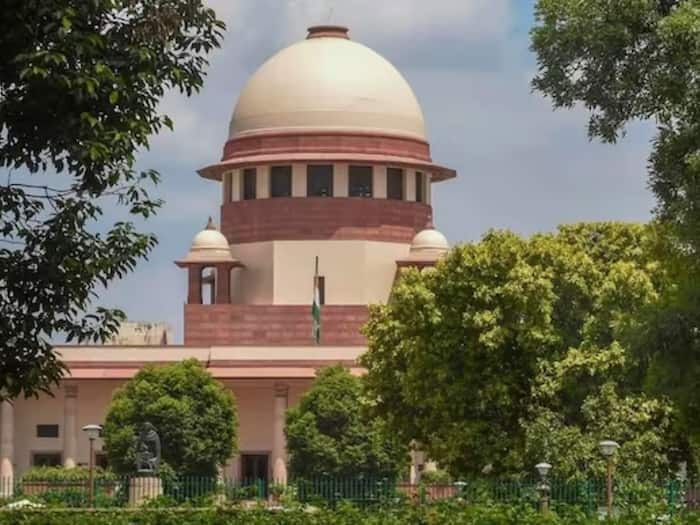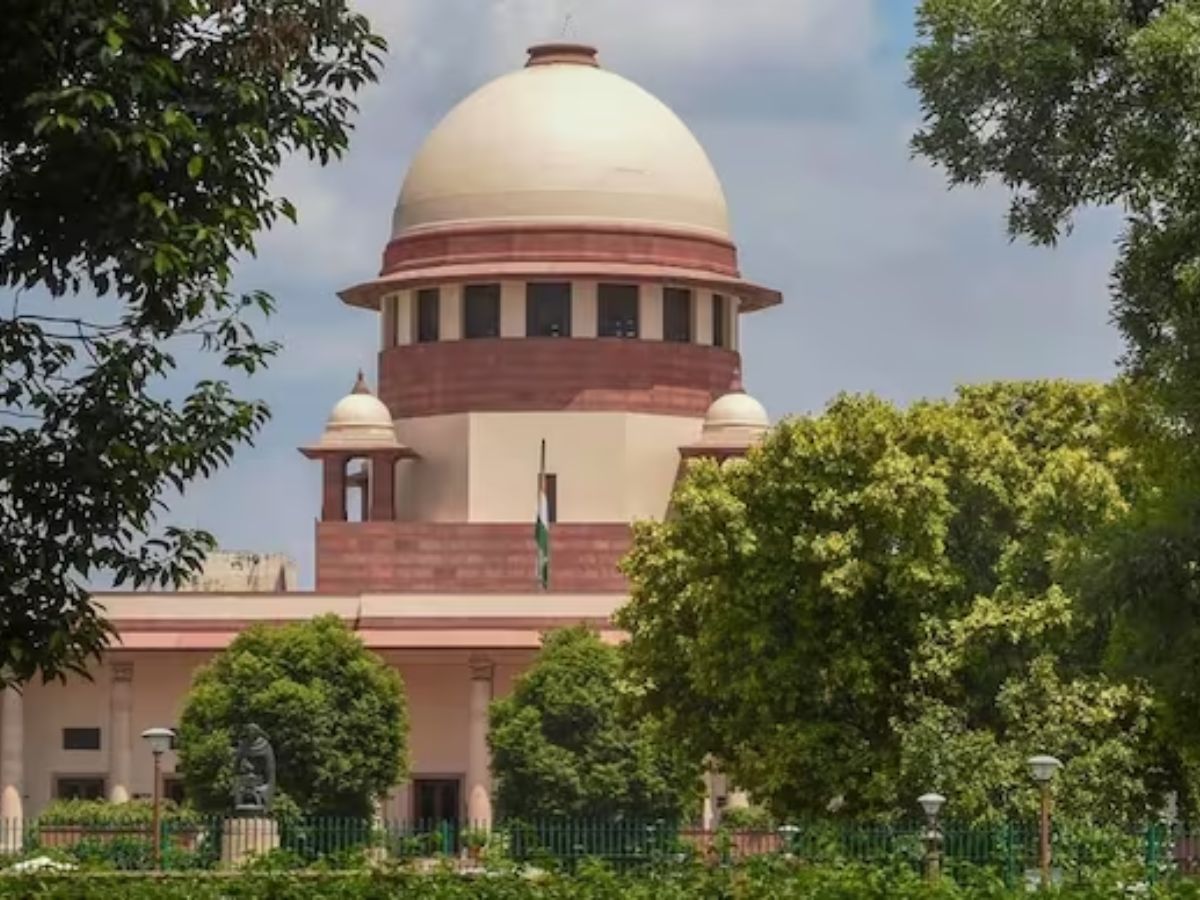Breaking: SC Agrees To Hear Pleas Seeking Stay On Citizenship Amendment Rules On March 19

New Delhi: In a significant development, the Supreme Court on Friday agreed to hear a bunch of pleas seeking stay on the newly notified Citizenship Amendment Rules (CAA) on March 19. During the hearing of the case, senior advocate Kapil Sibal, who appeared for the petitioners, said the rules have been notified now.
Over 200 petitions have been filed in the Supreme Court challenging the constitutional validity of the CAA after the Centre notified the CAA guidelines. The main contention of these petitions is that the law violates the constitution by not making Muslims from Pakistan, Bangladesh and Afghanistan eligible for citizenship.
A bench of Chief Justice of India DY Chandrachud, Justices JB Pardiwala and Manoj Misra accepted the request of senior advocate Kapil Sibal, representing on of the petitioners in the case.
Earlier, the Indian Union Muslim League (IUML), which is leading the charge against the CAA, filed an application on March 12 to halt the implementation of the CAA. The plea is yet to come up for hearing.
Mentioning the matter for urgent hearing Sibal said, “CAA was passed in 2019. At that time there was no rules, so no stay was granted. Now they have notified the rules ahead of elections. If citizenship is granted, it will be impossible to reverse. So the interim application may be heard.”
Solicitor General Tushar Mehta, representing the Centre, none of petitioners has any locus to question the grant of citizenship.
The top court bench then said it will list all the applications seeking stay on Rules for hearing on Tuesday. The apex court also said that the whole batch comprising 237 petitions will be listed along with the latest applications.
The Central government on March 11 notified the Citizenship (Amendment) Rules, 2024 which effectively brought into force the controversial CAA of 2019.
A day after the Central government issued the Rules for the CAA, Kerala-based political party Indian Union Muslim League (IUML) approached the Supreme Court seeking a stay on the implementation of Rules.
The Kerala-based political party demanded that the impugned statute and regulations be stayed, and that no coercive steps be taken against persons belonging to Muslim community who have been deprived of the benefit of this law.
Apart from IUML, Democratic Youth Federation of India (DYFI), Leader of Opposition in the Assam Assembly, Debabrata Saika, and Congress MP from Assam, Abdul Khaleque, and others also filed applications seeking stay on Rules.
The IUML (petitioner), which was one of the first parties to challenge the CAA before the top court in 2019, filed application seeking stay on the Rules, saying, it creates a “highly truncated and fast-tracked process” for the grant of citizenships to non-Muslim migrants from the specified countries, thereby making operational a “manifestly arbitrary and discriminatory” regime solely on the ground of religious identity.
The plea stated that Rules are manifestly arbitrary and creates an unfair advantage in favour of a class of persons solely on the ground of their religious identity, which is impermissible under articles 14 and 15 of the Indian Constitution.
The plea said, “Since the CAA is discriminates on the basis of religion, it strikes at the root of secularism, which is the basic structure of the Constitution… India’s constitutional framework, read with obligations under the international law, mandates a framework of refugee protection that is non-discriminatory.”
Plea said Act and Rules would result in valuable rights being created and citizenship being granted to persons belonging to only certain religions, thereby resulting in a “fait accompli situation”.
CAA, passed by Parliament on December 11, 2019 and got the President’s assent the following day, met with protests all across the country. The CAA came into effect on 10 January 2020.
(With inputs from ANI)
Source link



